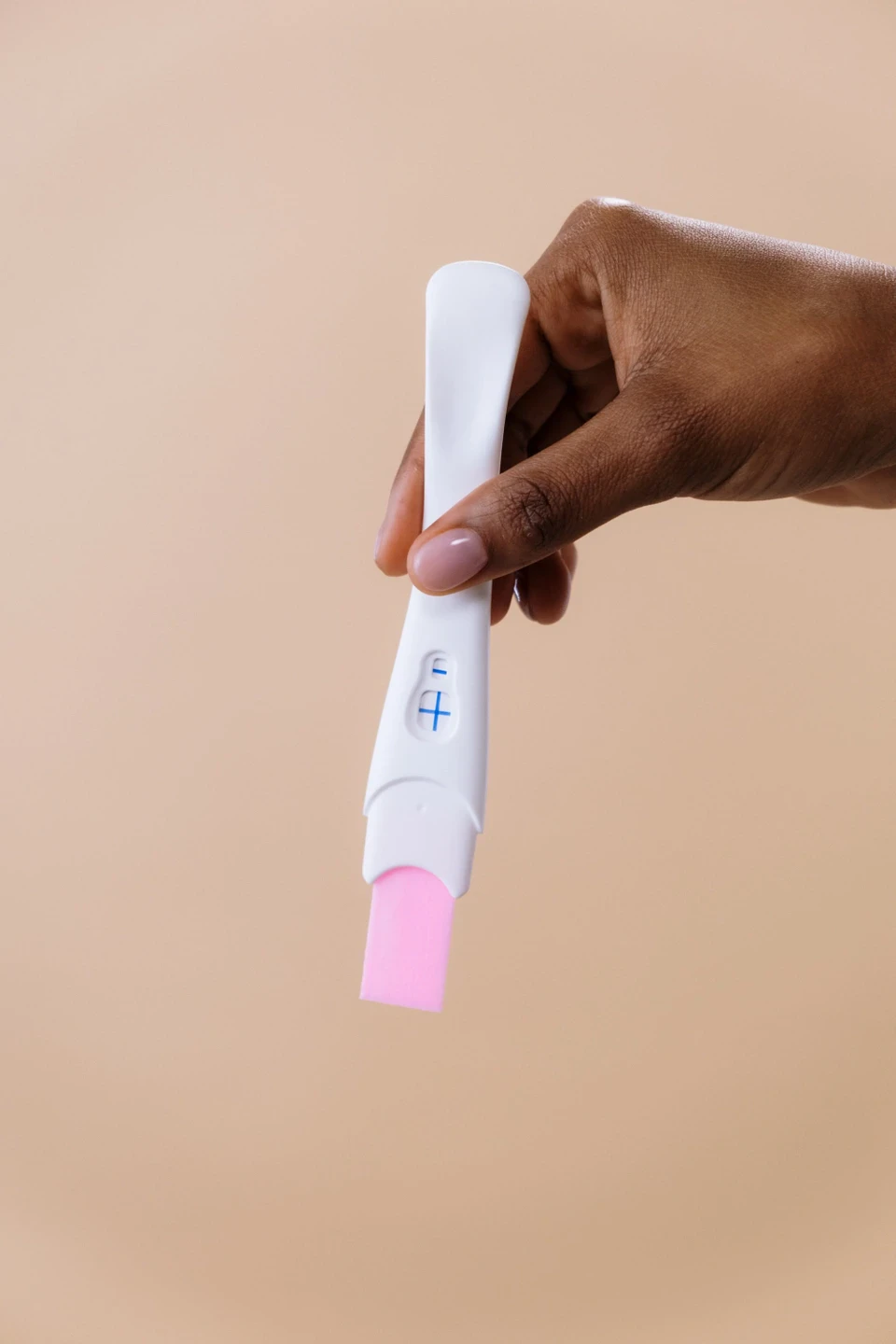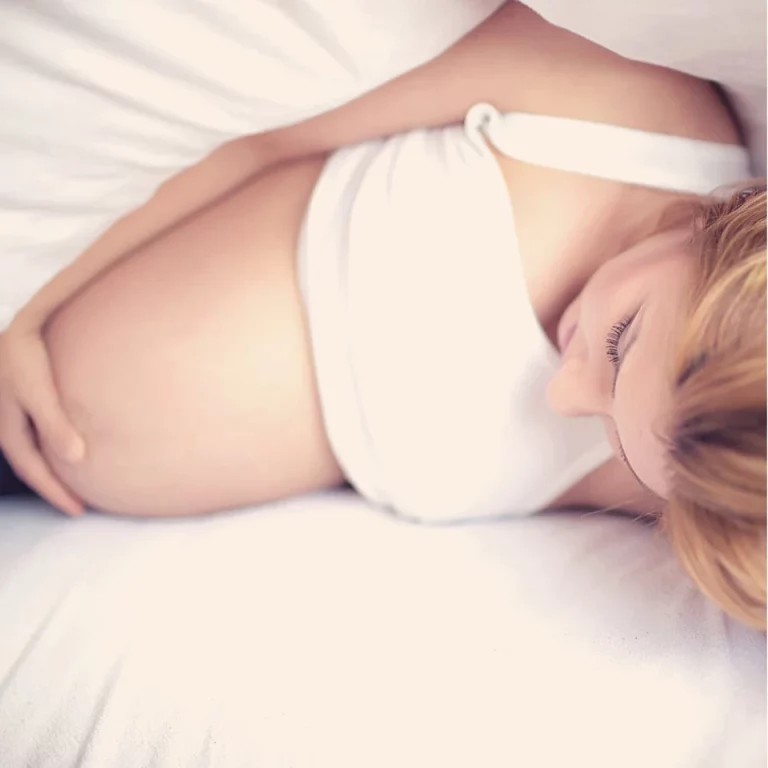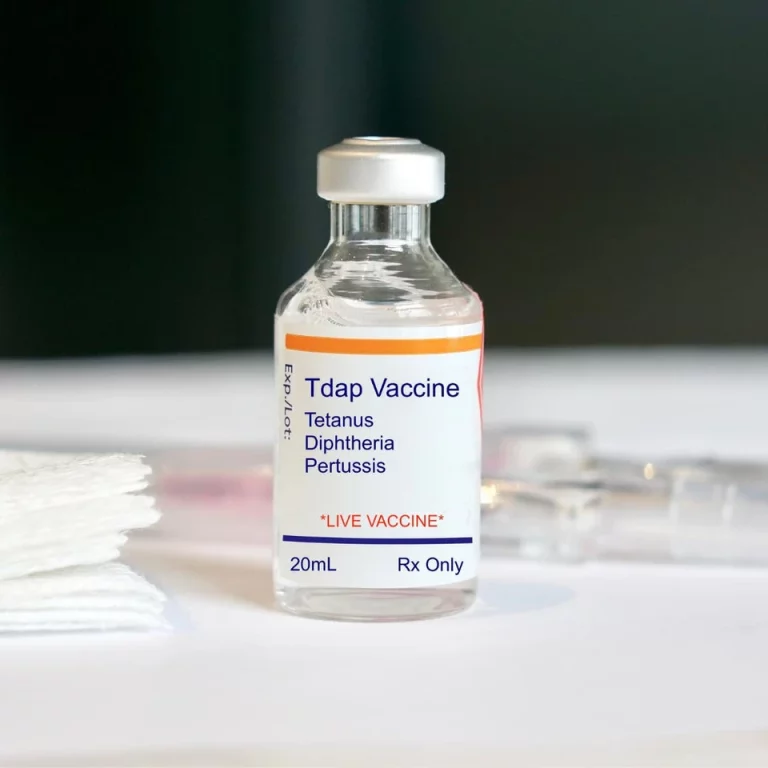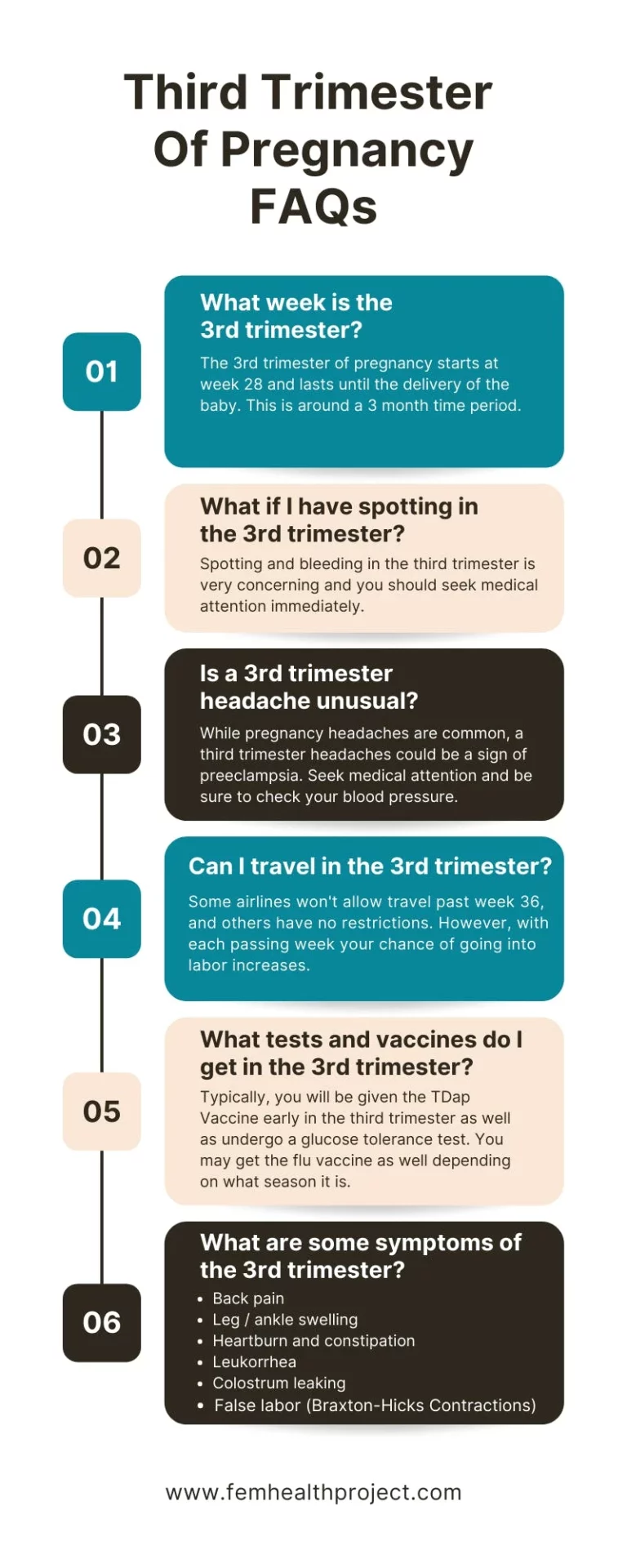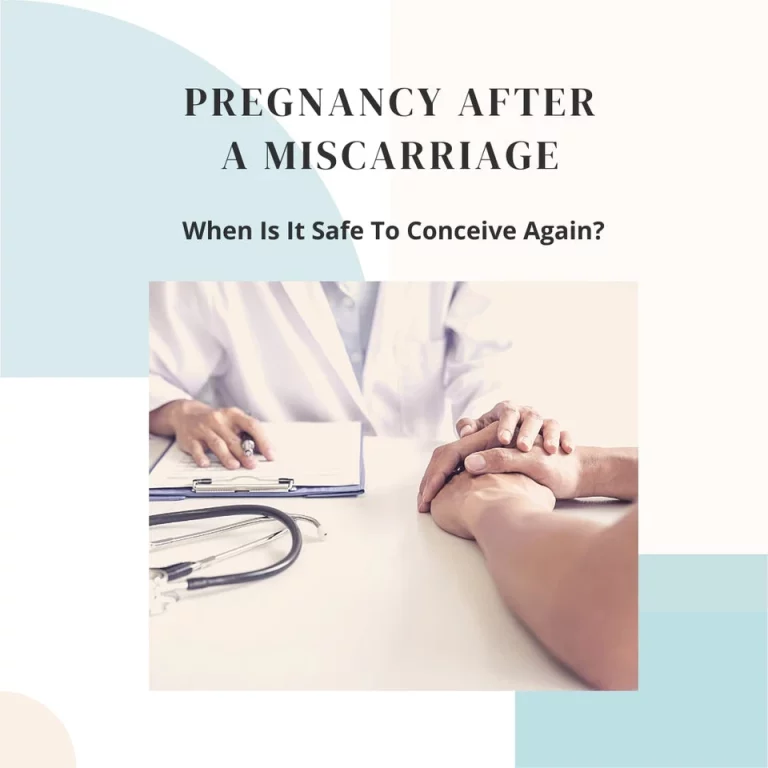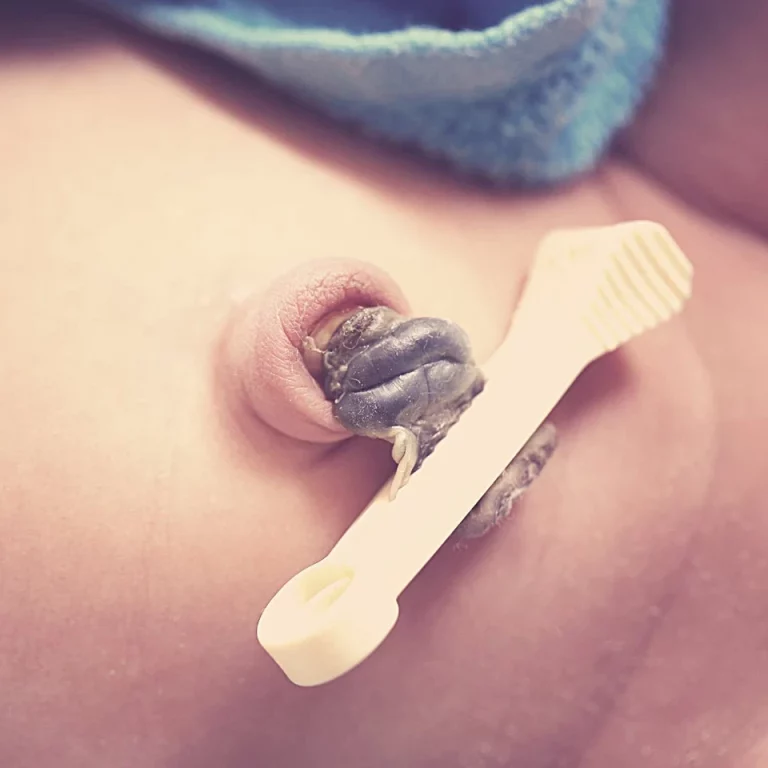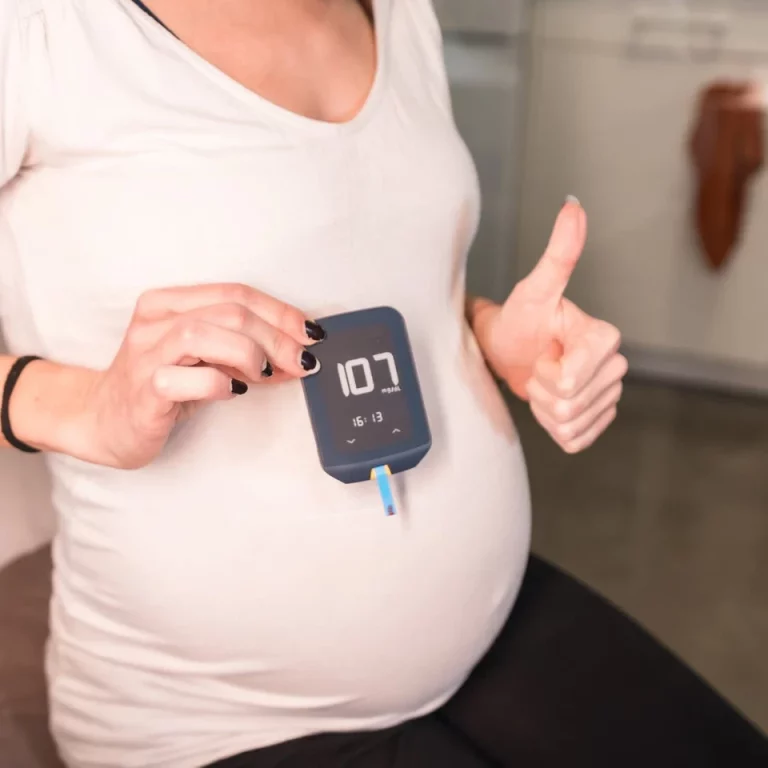What Is a Chemical Pregnancy? The Things You Need to Know
Have you gotten a positive pregnancy test only to get your period a week after? It’s probably confusing (and a bit frightening), but this actually happens a lot.
This means you might have experienced a chemical pregnancy, which is nothing to be afraid of.
What is a Chemical Pregnancy?
A chemical pregnancy is an early pregnancy loss, happening when the egg fertilizes but does not completely implant in your uterus. This usually happens at week four or five of the menstrual cycle. These pregnancies are very common, with experts believing that it accounts for up to 70% of conceptions.
How does it happen anyway?
In normal pregnancies, the fertilized egg would implant in the uterine wall, a few weeks after your last menstrual period. Cells that become the placenta start producing hCG, the pregnancy hormone.
In chemical pregnancies, the implantation wasn’t successful and the cells won’t become an embryo and placenta. As a result, you experience bleeding for a week after your period.
Signs You Have Experienced a Chemical Pregnancy
Most times, the only indication of this pregnancy loss is a late period. Some women don’t even realize they have had a chemical pregnancy unless they took an early pregnancy test after conception.
These are signs of a chemical pregnancy:
• You had an early positive pregnancy test result
• You’re experiencing a late period
• Heavy bleeding with menstrual-like cramps
However, light spotting or bleeding after your positive pregnancy test result doesn’t automatically mean it’s a chemical pregnancy. It may be light implantation bleeding, a sign that you’re pregnant.
Regardless, if you experience any form of bleeding after the positive test result, it’s best to visit your doctor for confirmation.
The Causes of Chemical Pregnancy
One of the most common causes of chemical pregnancies is from chromosomal abnormalities.
The sperm or egg has too many or not enough chromosomes, and the abnormality would cause errors, making it hard for the zygote to develop normally.
Related: Round Ligament Pain In Pregnancy
Rather than implanting on the uterine walls, the fertilized egg will be released from your body in the form of your period.
This happens randomly and to anyone. This won’t affect successful conceptions in the future.
The Risk Factors of Chemical Pregnancy
While common, there are risk factors that increase the chances of an early pregnancy loss, such as:
• Being older than 35 years old
• Any untreated clotting or thyroid disorders
• Medical conditions, like uncontrolled diabetes
How to Recover From a Chemical Pregnancy

When we see it medically, chemical pregnancies are more of a cycle than a “true” miscarriage, as the pregnancy never happened.
But emotionally, this is a different story, with many feeling upset when they have been trying for a child. This is natural, so it’s okay to grieve if you want to. Chemical Pregnancies can happen to anyone and there is nothing that can be done to prevent/reverse one.
Furthermore, an early miscarriage doesn’t mean you’re at risk for another. You can still continue trying to get pregnant after a chemical pregnancy. While chemical pregnancy doesn’t need medical intervention, you can consult your doctor for advice on what to do when trying to conceive.
Wrapping It Up
I hope that this short guide answered your question, “what is a chemical pregnancy?”
If you feel like you experienced one, do check with your doctor for advice on how to conceive successfully. For women who need emotional support, reach out to your loved ones, and get in touch with your doctor or organizations who can help you out.
We discuss products we think are useful to people. If you buy something through our links, we may earn a commission. Remember to check with your personal physician to see if a product recommended is right for you.


